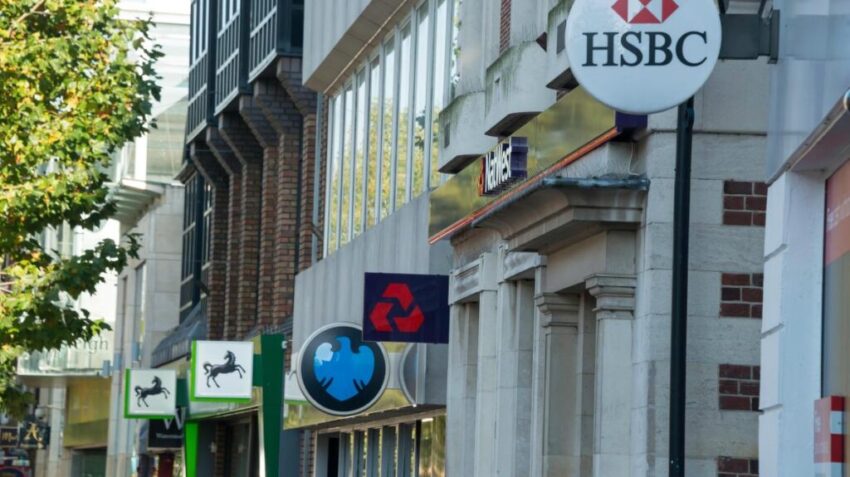
High street banks have lost 100 billion pounds in deposits over the past five years, where savings in the United Kingdom are increasingly resorting to competitors via the Internet, specialized lenders and building communities that provide more competitive interest rates, according to a new report issued by KPMG.
The Vocational Services Company said that the traditional bank share of the UK’s deposit market decreased from 84 % in 2019 to 80 % in 2024, as customers converted their savings away from the main names such as Lloyds, Barkles, NatWest and HSBC.
Immigration follows a period of the general reaction, as banks were accused of profit from the high interest rates by failing to transfer increases to savers – while the prices of mortgage and mortgage increased.
Executive directors of the largest lending in the United Kingdom were called to confront the organizers and deputies in 2023, amid escalating pressure to provide more fair returns to customers during the cost of the continuous living crisis.
KPMG has also revealed that the UK banking sector recorded a decrease of 3.7 billion pounds in pre-tax profit last public taxes-the first significant contraction since the epidemic began.
Meanwhile, the average return of the sector on stocks – a major scale for profitability – is expected to decrease with more than 13 % in 2023 to only 8 % by 2027, equivalent to an annual decrease of 11 billion pounds.
Peter Weutkect, a partner at KPMG UK, said that the sector should adapt urgently to “the environment with a lower growth, the highest cost.”
“Banks face a low -growth environment and the highest cost that requires shift at a pace. While we can expect profitability to remain widespread this year, the entire sector needs to show how they prepare for the upcoming challenges.”
The report also highlighted a 6 % increase in bank operating costs during the year 2024, as well as low productivity among workers – each of the factors expected to increase margins and hinder growth.
Witkect pointed out that although some of the costs saving initiatives may help in the short term, the real competitiveness will come from more radical changes, such as adopting artificial intelligence and the broader business model.
He said: “The winners will be those who go beyond reducing tactical costs and eating the next opposite winds.”
Despite the general anger and political pressure, the UK government has so far resisted calls for a surprise tax on banks – unlike countries such as Spain, Lithuania and the Czech Republic, which imposed fees on the profits achieved during the high interest rate.
However, the KPMG report indicates that British banks are no longer able to rely on the oldest stagnation or ancient advantages to maintain profitability. Since consumer confidence is eroded and savings become financially smarter, digital service providers around customers are ready to seize more of their share in the market.
The post UK high street banks lose £100bn in savings as customers chase better rates online first appeared on Investorempires.com.


